By Merit Ibe
For decades, local producers have listed power crisis as a major retardant to industrial advancement and if there is any major plea from them, it is for the federal government to urgently complete the strategic Ajaokuta-Kaduna-Kano (AKK) gas pipeline project.
It is envisioned as a key driver for the country’s industrial renaissance by adding 3.6 gigawatts (GW) to the national power supply.
This will help the machines roar in full capacity and ultimately catalyse growth.
Last week, the Group Chief Executive Officer of Nigerian National Petroleum Company Limited (NNPC Ltd), Bayo Ojulari, dropped the news that the AKK Gas Pipeline has successfully crossed the River Niger, boosting the hope of the project’s completion by Q4 2025.
The River Niger crossing was previously considered one of the most technically challenging segments of the project.
But the NNPCL GCEO said the company has surmounted it, setting sights on a successful completion this year.
He noted that the pipeline would deliver gas to multiple markets across the country and support long-awaited industrial growth.
The AKK pipeline is a project aimed at enhancing domestic gas utilisation, improving power generation and creating new industrial corridors.
The Ajaokuta-Kaduna-Kano Gas Pipeline is a 40-inch by 614km linear pipeline system running from Ajaokuta in Kogi State to Kano with associated intermediate, terminal gas facilities and other related equipment to transport natural gas to off-takers at Abuja.
In his comment, Director-General, Manufacturers Association of Nigeria (MAN), Segun Ajayi-Kadir explained that power supply plays a critical role in unlocking manufacturing potential and fostering sustainable economic growth in the country.
Ajayi-Kadir highlighted unreliable power supply and high energy costs as major challenges, hindering production, increasing costs, and impacting competitiveness.
“The erratic nature of power supply forces manufacturers to rely heavily on expensive alternative energy sources like diesel generators, significantly increasing production costs.”
He also said the government needs to protect local industries against unfair trade practices, saying that stronger enforcement against smuggling, dumping, and counterfeiting will safeguard local manufacturers and level the playing field.
On the issue of local content and value chain development, the MAN DG stated that government policies must be supportive, especially in the area of incentivising backwards integration and enforcing local content policies that will boost domestic sourcing and deepen industrial linkages.
Speaking on low hanging fruit for immediate government action, Ajayi-Kadir stressed the need to demonstrate commitment to industrial growth and reduce the mounting cost pressures on manufacturers.
He pointed out that a nation without a clear industrial policy is like a ship without a rudder. He therefore advised the federal government to adopt a comprehensive policy framework that guides the nation’s industrial development, fosters growth and propels towards a brighter economic future.
Other low hanging fruits he put forward for the growth of the sector include: “Adopting the report of 2024 Manufacturers Summit on Rethinking the Nigeria Manufacturing Sector and MAN Blueprint 2.0 as working documents to fasttrack the process.
“CBN should prioritise forex sales to manufacturers, honour the unsettled $2.4 billion Forex forward contract and restrain commercial banks from harassing manufacturers on matters relating to outstanding forex forwards, as this will restore manufacturers’ confidence in the market and peg the exchange rate for calculating customs duty on raw materials, spare parts and machinery that are not available locally.
“The ‘Nigeria First’ Policy must quickly move from initiation to government policy, lest it suffers the same fate as the Executive Orders 003 and 005.
“Nigeria must seize this moment to transform its manufacturing sector by prioritizing the patronage of local products. If we fail to nurture our own, we will forever be at the mercy of others.
“Cut the benchmark interest rates and actively deploy moral suasion for commercial banks to prioritize lending to manufacturers at single-digit concessionary interest rates.
“Leverage the country’s partnership with BRICS to further diversify its export markets and products and reduce dependence on the US market, fastrack the deployment of the National Single Window platform, strengthen inter-agency collaborations at this crucial period of tariff war in order to safeguard the economy against possible aggravated smuggling and dumping.
“Inject life into the manufacturing sector by implementing the N1 trillion stabilization fund and facilitate the increase of the capital base of the Bank of Industry to meet the credit demand of industries.”



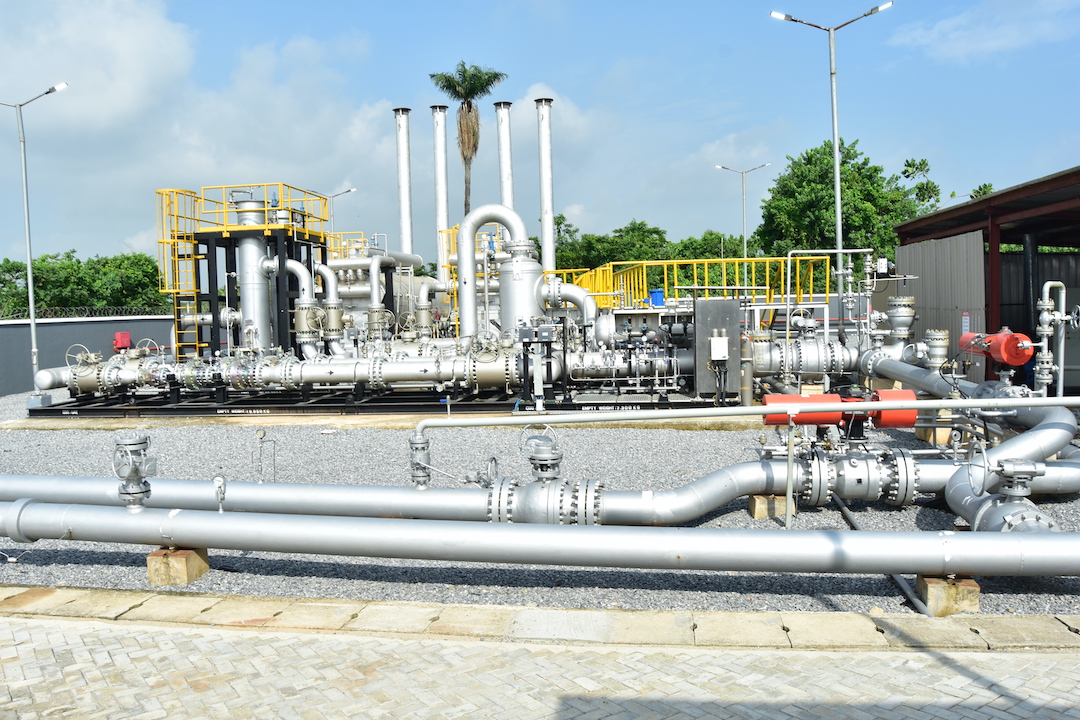
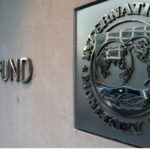

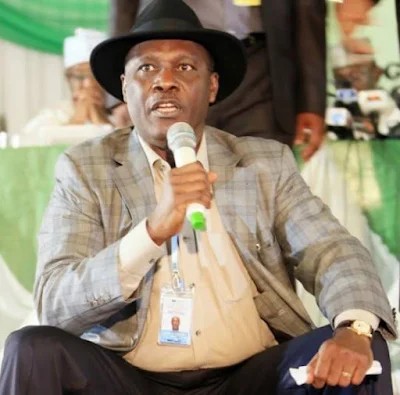

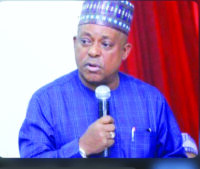
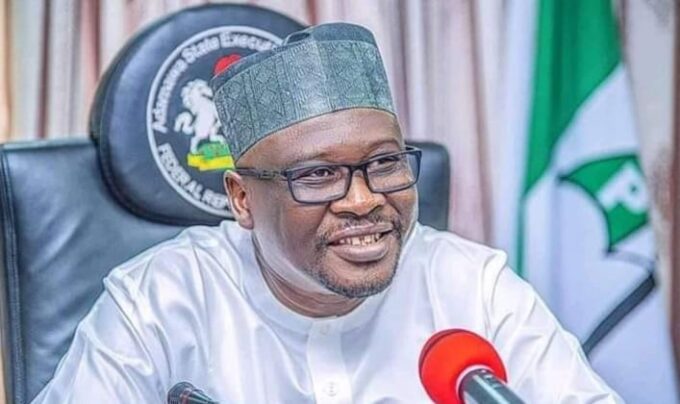
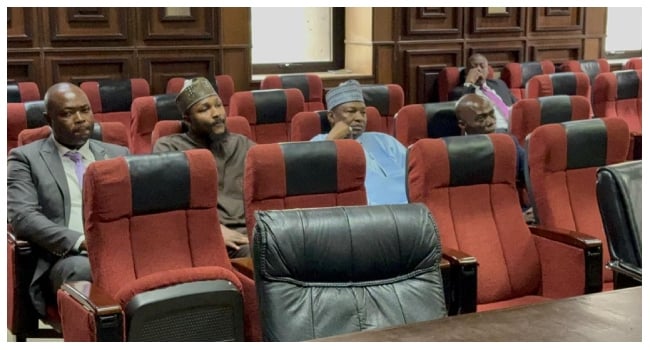
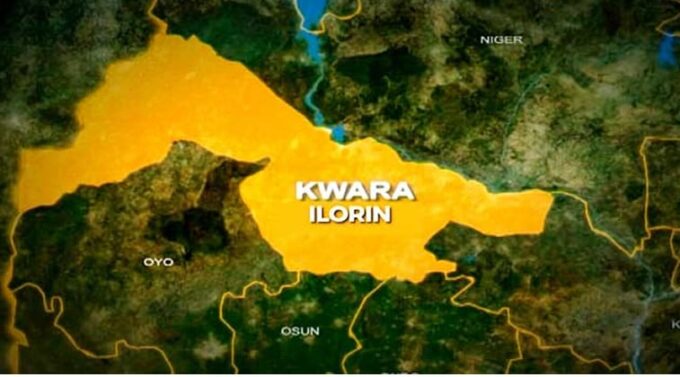






Leave a comment